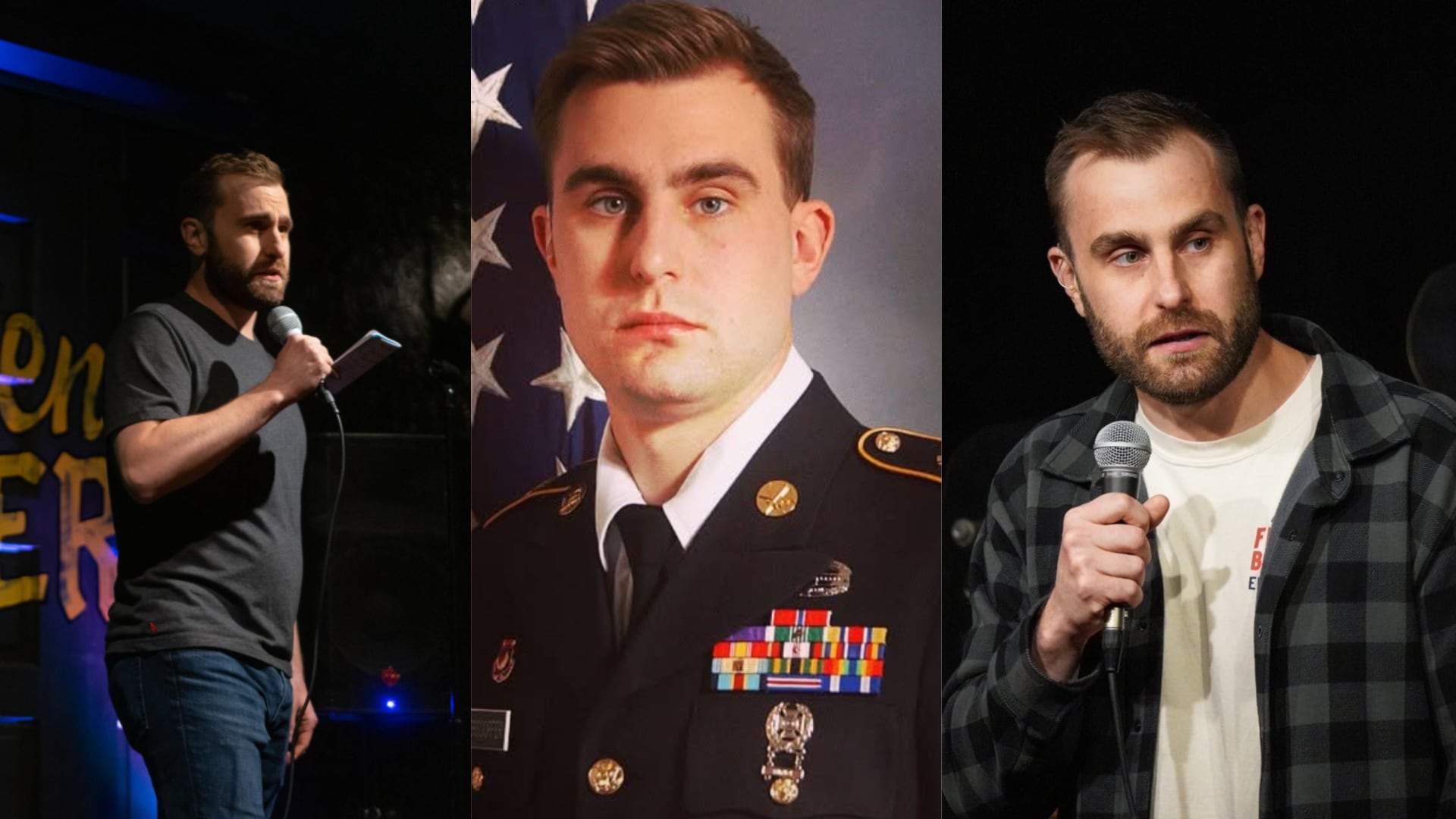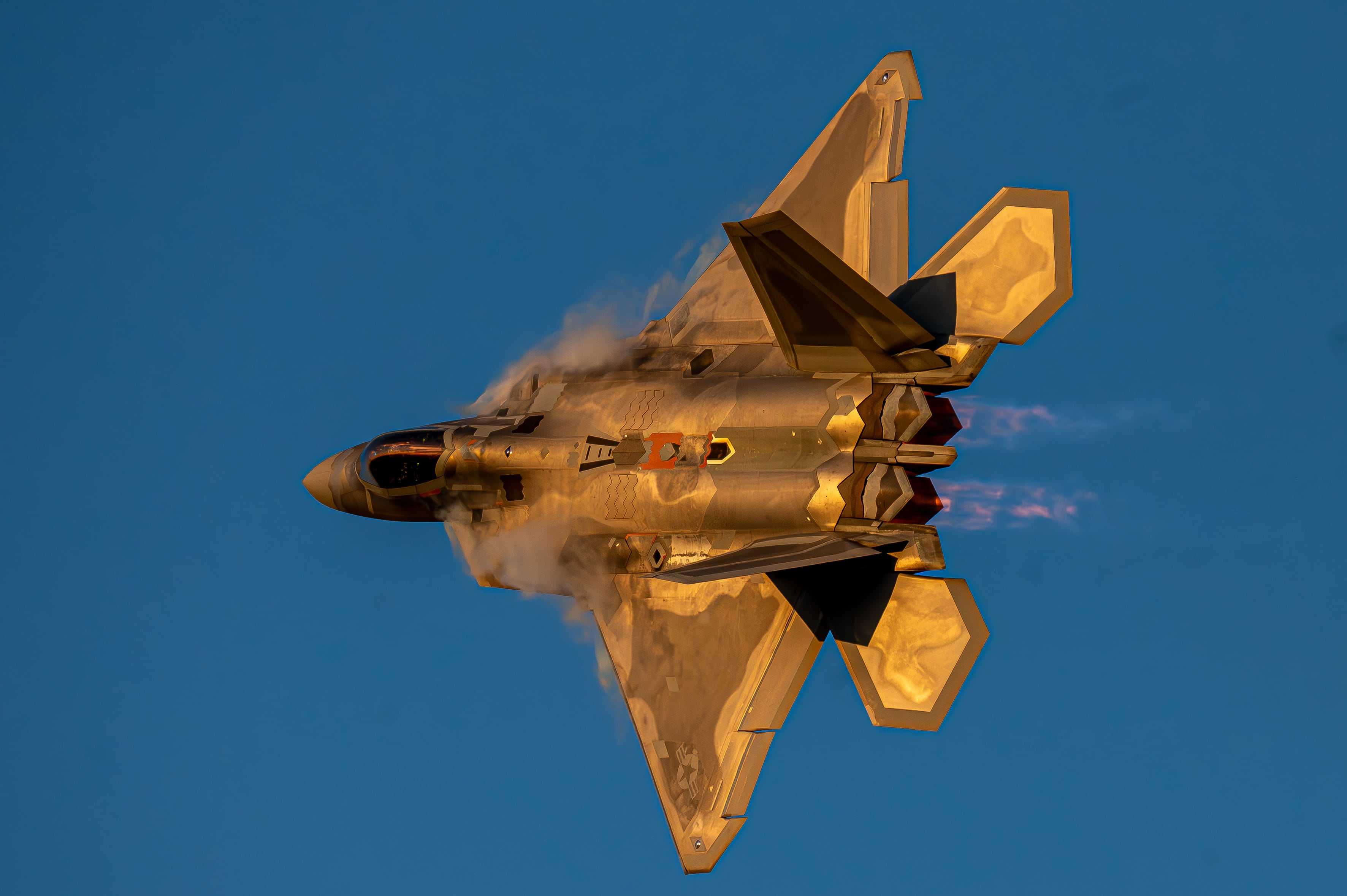Animal rights advocates with the People for Ethical Treatment of Animals voiced their displeasure with the U.S. Air Force Academy in a June 30 letter denouncing the use of live falcons as the academy’s mascot.
The letter, written by PETA Senior Director Marta Holmberg, implored Academy superintendent Lt. Gen. Jay B. Silveria to retire the use of live falcons, birds “known for spectacular aerial displays” that “defend a territory nearly a mile wide” while reaching “speeds of more than 100 miles per hour when hunting.”
Holmberg then called the academy’s use of live falcons “the ultimate irony.”
“While USAF pilots get to fly, USAF Academy live-bird mascots are denied that same freedom, which is integral to who they are,” Holmberg said. “Birds aren’t sports props, and PETA is calling on the academy to leave wild birds in nature, where they can soar freely and live in peace.”
The Air Force Academy made the announcement last week that a one-month-old female gyrfalcon is waiting in the wings to become the school’s next official mascot.
The yet-to-be-named bird is replacing Aurora, the academy’s oldest and longest serving falcon mascot, who died last October at the age of 23. The academy has several other falcon mascots, as well.
Aurora, a rare white phase gyrfalcon described by the academy as a “feisty, spirited bird who commanded respect,” was the subject of controversy in 2018 when, after being taken by West Point cadets as a prank during a weekend game against Army, she was returned with noticeable physical damage.
“Birds kept as mascots for sporting events have slammed into windows, broken loose from their handlers, and even been kicked by players,” PETA said in a release acknowledging the 2018 incident.
“It’s never been clearer that the public is against using animals as props or forcing them to perform — as evidenced by Ringling Bros. and Barnum & Bailey Circus’ closure after 146 years and the restrictions or prohibitions that nearly 700 venues and dozens of communities nationwide have placed on animal exhibits,” Holmberg continued. “Recognizing this stance as well as the cruelty inherent in using sentient beings as mascots, many schools have retired their animals and switched to employing costumed humans.”
PETA’s letter to the academy concerning the use of falcons is not the first instance where the organization has pleaded with Air Force officials about animal rights practices. Academy leadership was urged in 2016 to stop using live animals for a cadet survival curriculum that includes instruction on how to catch, kill, cook and preserve rabbits.
In March, the animal rights organization penned a letter to Marine Commandant Gen. David H. Berger condemning “the crude killing of animals during the annual Cobra Gold 2020 military exercise.”
“The photos showing giddy Marines swallowing scorpions and guzzling cobra blood are more reminiscent of a frat party gone wrong than a military drill,” said Shalin Gala, vice president of international laboratory methods with PETA. “PETA is calling on the Marine Corps to take immediate action to replace this barbaric exploitation of animals with cutting-edge, technology-based survival training courses that will better prepare troops.”
Cadets at the Air Force Academy, meanwhile, will vote later this year on the new falcon’s name after top recommendations are gathered via the Twitter hashtag #youracademy. Suggestions so far have included names like Wild Blue, Soar, Athena, Inspiration, and the absolute best submission, Feather Locklear.
J.D. Simkins is the executive editor of Military Times and Defense News, and a Marine Corps veteran of the Iraq War.
Tags:
peta air force academypeta falconpeta activismanimal rights mascotsanimal mascots petaanimal sports mascotsair force academy falconfalcon life spanIn Other News














